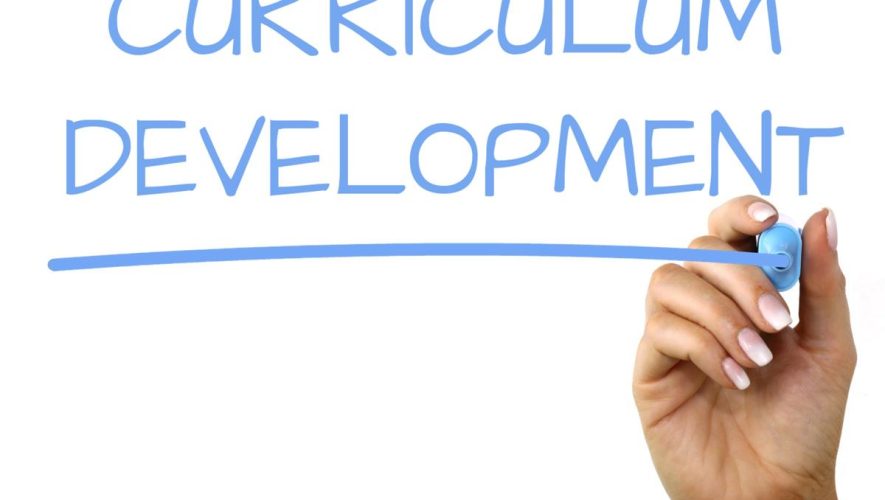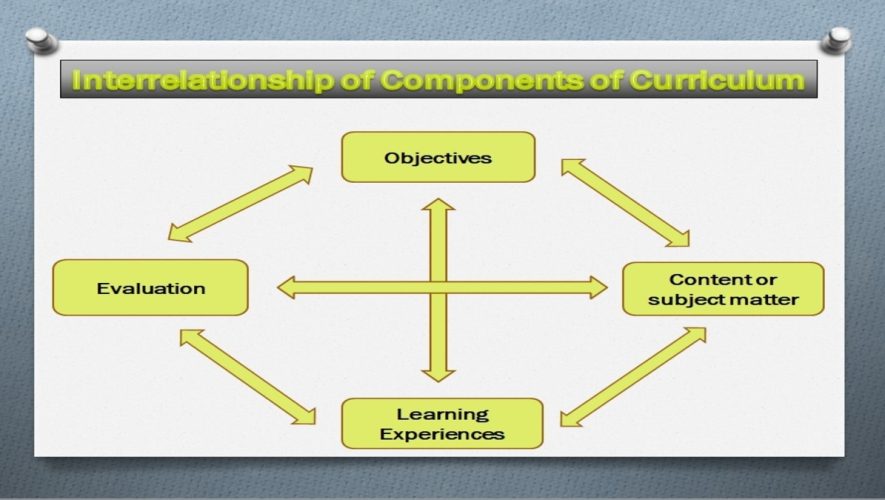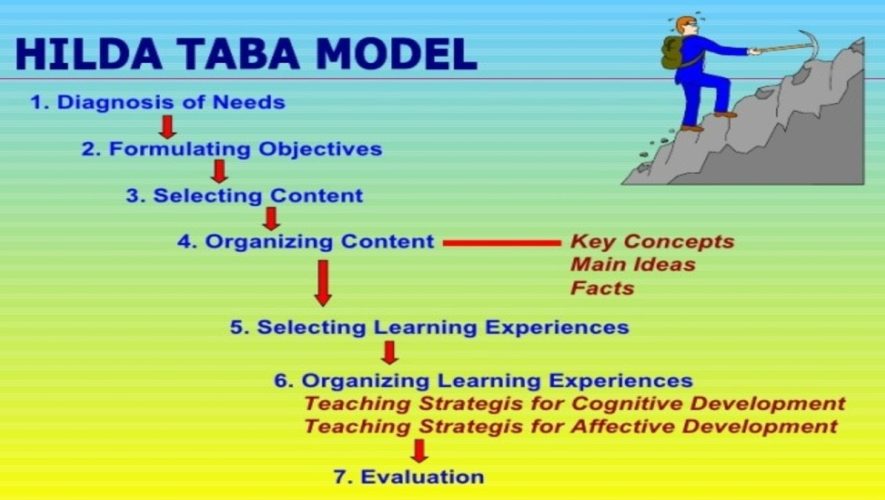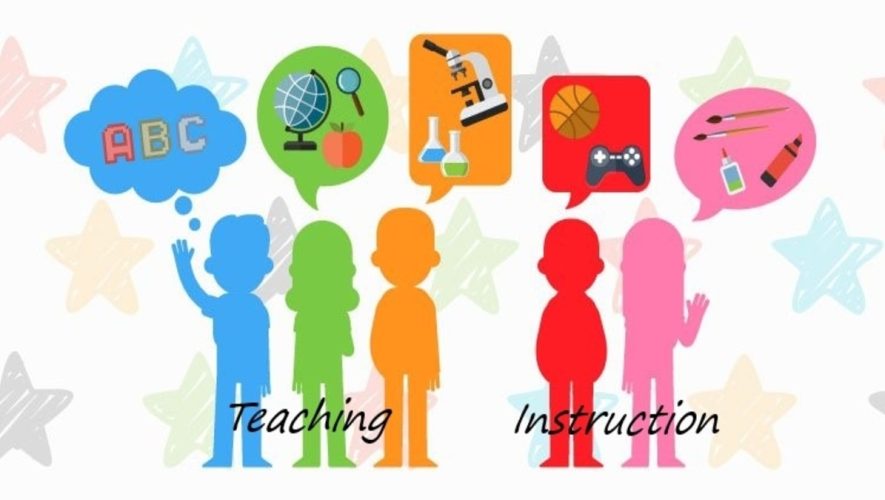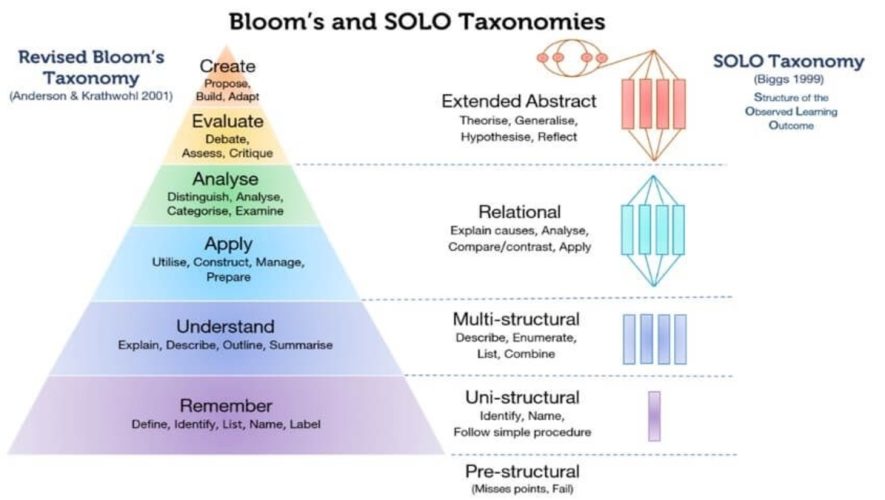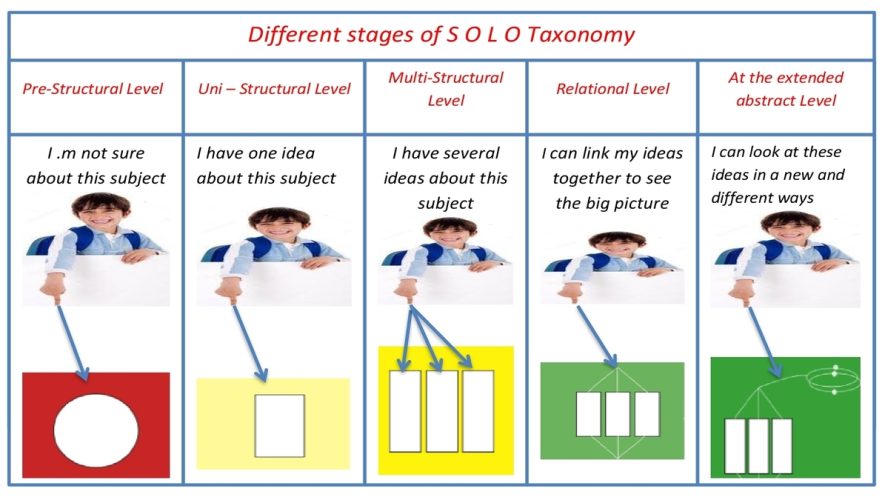
Foundations of Curriculum
Foundations of curriculum are the considerations of educational programs and policies in the light of an interdisciplinary endeavor involving philosophical, psychological, sociological, and historical, understandings. The foundations of curriculum set the external boundaries of the knowledge of curriculum and define what constitutes valid sources from which to derive the field’s theories, principles, and ideas. Curriculum’s […]

